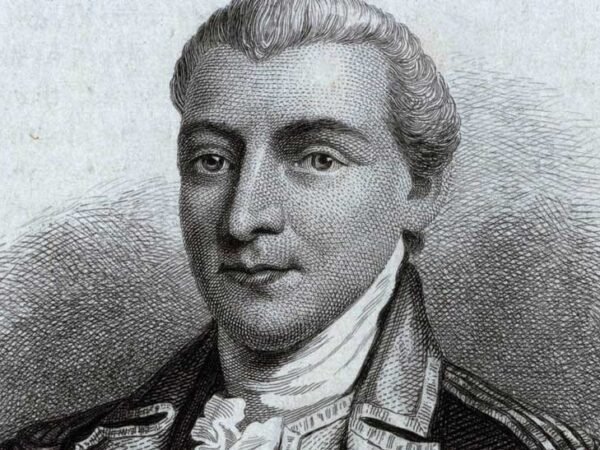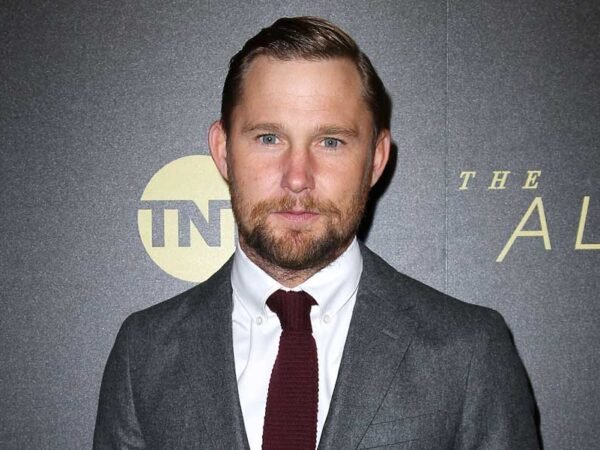When you think of Hollywood’s greatest actors, Gene Hackman’s name inevitably comes to mind. Born Eugene Allen Hackman on January 30, 1930, this remarkable performer spent over four decades captivating audiences with his raw talent and unwavering dedication to his craft.
What made Hackman Jack so special wasn’t just his acting ability—it was his authenticity. In an industry often criticized for superficiality, he brought genuine emotion and believable characters to the screen. His two Academy Awards tell only part of the story of a man who helped reshape American cinema.
From playing the gritty detective Popeye Doyle to the menacing Lex Luthor, Hackman never seemed to be “acting” at all. He simply became these characters, making audiences forget they were watching a performance.
Early Life and Background of Gene Hackman Jack
Gene Hackman’s childhood in San Bernardino, California, was anything but easy. His father, Eugene Ezra Hackman, worked as a printing press operator, while his mother Anna struggled to keep the family together. Money was always tight, and when Gene turned thirteen, his father walked out on the family.
This abandonment left deep scars but also forged the determination that would define Hackman’s career. Rather than let circumstances defeat him, the young man channeled his pain into drive.
At sixteen, Hackman made a bold decision that would change his life forever. He lied about his age and enlisted in the Marine Corps, desperate to escape his troubled home situation. The military gave him structure, discipline, and most importantly, a sense of purpose he’d never experienced before.
Breaking Into Hollywood: The Rise of a Star
After completing his military service, Hackman found himself drawn to acting almost by accident. He enrolled at the Pasadena Playhouse in the mid-1950s, where he met a fellow struggling actor named Dustin Hoffman. Ironically, their instructors voted both men “least likely to succeed” in their class.
Those early years in New York were brutal. Hackman worked odd jobs—everything from doorman to truck driver—while auditioning for any role he could find. He appeared in small television parts throughout the late 1950s, slowly building a reputation as a dependable character actor.
His persistence finally paid off in 1964 when he landed a supporting role in “Lilith” alongside Warren Beatty. Though the film wasn’t a major success, it gave Hackman his first taste of movie-making and convinced him he was on the right path.
The real breakthrough came three years later with “Bonnie and Clyde.” Playing Buck Barrow, Clyde’s volatile older brother, Hackman delivered a performance that was both terrifying and sympathetic. Critics took notice, and suddenly Hollywood was paying attention to this intense actor from California.
Academy Award Triumphs and Career Defining Moments
“The French Connection” changed everything for Gene Hackman Jack. Director William Friedkin needed someone who could embody the obsessive, morally ambiguous Detective Jimmy “Popeye” Doyle. Hackman didn’t just play the role—he inhabited it completely.
The character was rough around the edges, sometimes unlikable, but utterly compelling. Hackman’s portrayal felt so authentic that audiences believed they were watching a real New York cop, not an actor from California. When the Academy Awards came around in 1972, there was little doubt about who deserved the Best Actor Oscar.
What many people don’t realize is how physically demanding the role was. Hackman did many of his own stunts, including parts of the famous car chase sequence that became one of cinema’s most thrilling moments. His commitment to authenticity extended beyond emotional preparation to physical transformation.
Twenty-one years later, Clint Eastwood cast Hackman as the brutal sheriff Little Bill Daggett in “Unforgiven.” This time, Hackman played the antagonist—a man who used his badge to justify violence and cruelty. The performance earned him a second Academy Award, this time for Best Supporting Actor.
Iconic Film Roles That Made Hackman Jack a Household Name
While serious dramas established Hackman’s reputation, his role as Lex Luthor in the Superman films introduced him to an entirely new audience. Many actors might have approached the comic book villain with camp or over-the-top theatrics. Instead, Hackman brought intelligence and wit to the character, making Luthor genuinely menacing rather than cartoonish.
His work in “The Poseidon Adventure” showcased another side of his talent. As Reverend Frank Scott, Hackman had to balance spiritual leadership with physical action as he guided survivors through an overturned cruise ship. The film’s success proved he could carry a big-budget disaster movie just as effectively as an intimate character study.
“The Conversation” remains one of Hackman’s most underrated performances. Playing Harry Caul, a surveillance expert slowly consumed by paranoia, he created a character study that felt ahead of its time. The film’s themes of privacy and government overreach seem even more relevant today than they did in 1974.
The Versatile Actor: From Drama to Action to Comedy
Few actors have successfully navigated as many genres as Gene Hackman Jack. His dramatic work in “Mississippi Burning” tackled the serious subject of civil rights with sensitivity and power. Playing an FBI agent investigating murders in the South, Hackman brought both authority and humanity to a role that could have easily become preachy.
When he ventured into comedy with “The Birdcage,” many wondered if the intense dramatic actor could handle lighter material. Working alongside Robin Williams, Hackman proved he had perfect comedic timing, playing the straight man to Williams’ flamboyant character with understated brilliance.
Action films like “Crimson Tide” allowed Hackman to explore themes of authority and moral conflict. His submarine captain was neither hero nor villain but a complex man making difficult decisions under extreme pressure. The tension between his character and Denzel Washington’s created one of the 1990s’ most compelling military thrillers.
Awards, Recognition and Industry Impact
Beyond his two Academy Awards, Hackman accumulated an impressive collection of honors throughout his career. He received five Oscar nominations total, won multiple Golden Globe Awards, and earned recognition from the British Academy of Film and Television Arts.
More importantly, he earned the respect of his peers. Directors consistently praised his professionalism and preparation. Unlike some stars who relied on charisma or looks, Hackman succeeded through pure talent and hard work.
His influence on the New Hollywood movement cannot be overstated. Along with actors like Al Pacino and Robert De Niro, Hackman represented a new type of leading man—one who prioritized authenticity over traditional movie star glamour. This approach influenced an entire generation of performers who followed.
Personal Life and Interests Beyond Acting
Despite his fame, Gene Hackman Jack maintained a relatively private personal life. His first marriage to Faye Maltese lasted thirty years and produced three children. Though the marriage ended in divorce in 1986, Hackman remained devoted to his family.
In 1991, he found love again with Betsy Arakawa, a classical pianist. Their marriage brought him stability and happiness during the later years of his career. Friends often commented on how much more relaxed and content Hackman seemed after meeting Betsy.
Outside of acting, Hackman developed a passion for aviation. He earned his pilot’s license and owned several aircraft over the years. Flying gave him a sense of freedom and adventure that complemented his artistic pursuits.
Retirement and Lasting Legacy in Cinema
When Hackman announced his retirement in 2004 after completing “Welcome to Mooseport,” many in Hollywood were shocked. At 74, he was still in demand and showed no signs of declining ability. However, Hackman had made his decision—he wanted to pursue other interests while he still had time and energy.
His transition to writing proved remarkably successful. Hackman authored several novels, including historical fiction and thrillers that received positive reviews from critics and readers alike. His attention to character development, honed through decades of acting, served him well as a novelist.
The impact of his career continues to resonate throughout Hollywood. Film schools regularly study his performances as examples of masterful technique. Young actors often cite him as an inspiration, particularly his commitment to character authenticity and professional excellence.
Recent Developments and Remembering a Legend
The entertainment world lost a giant when Gene Hackman passed away in February 2025 at age 95. Tributes poured in from across the industry, with colleagues and fans remembering not just his talent but his kindness and professionalism.
His death marked the end of an era—the passing of one of the last great stars from Hollywood’s golden age of the 1970s. Hackman represented something increasingly rare in modern entertainment: an actor who let his work speak for itself.
Looking back at his extraordinary career, it’s clear that Gene Hackman Jack achieved something special. He proved that talent, dedication, and authenticity could triumph over flash and superficiality. His legacy serves as a reminder of what great acting can accomplish when it comes from the heart.













